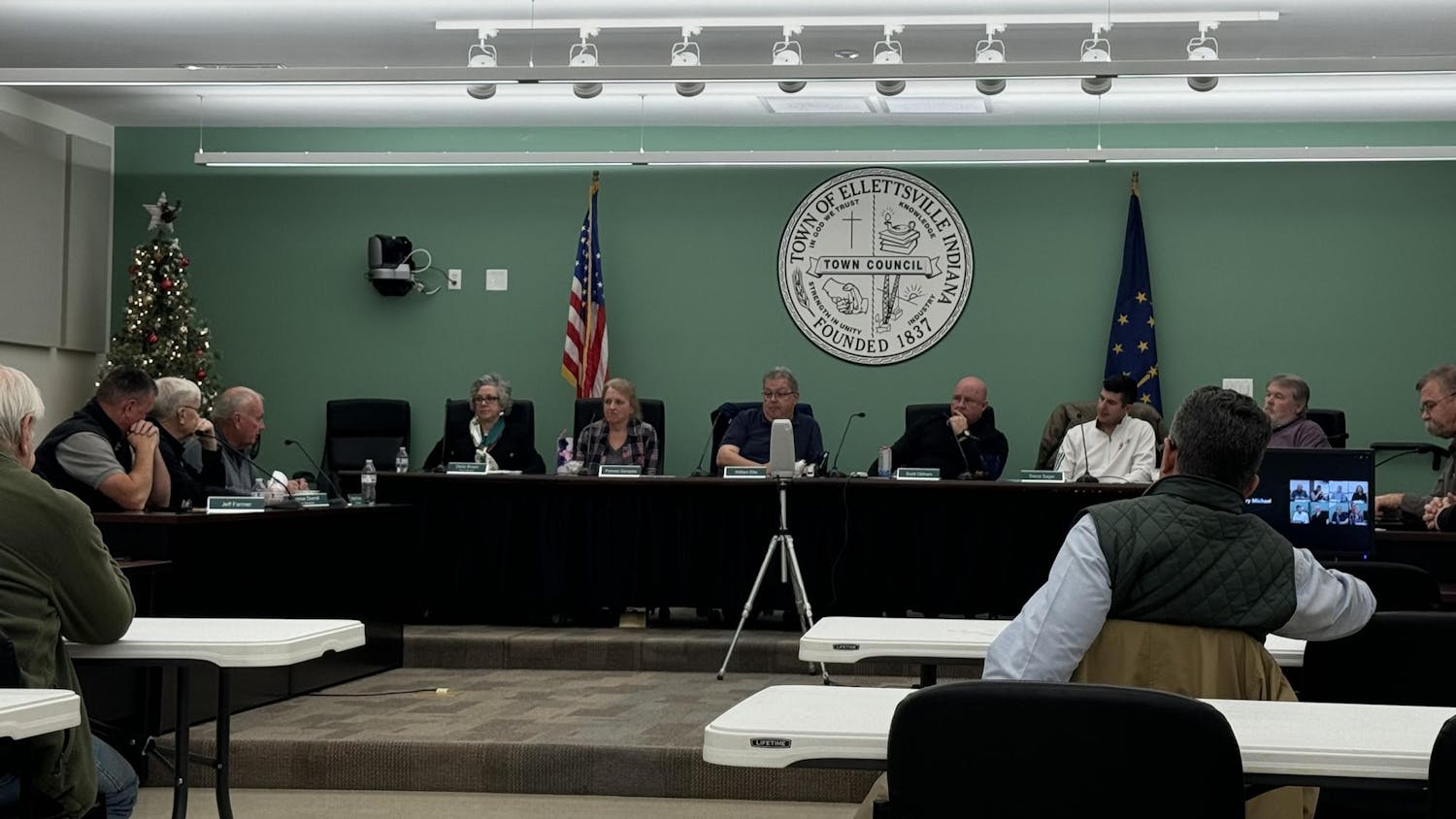WASHINGTON -- The Senate sent President George W. Bush a package of anti-terror measures Thursday that gives police sweeping new powers to search people's homes and business records secretly and to eavesdrop on telephone and computer conversations. \nBush said he will sign the bill "so that we can combat terrorism and prevent future attacks." \nThe Senate approved the bill 98-1 a day after the House signed on. But lawmakers, worried about possible abuse of the new wiretapping and surveillance powers, decided to place a four-year cap on that part of the legislation. \n"It gives us the time to investigate whether there were any outrageous abuses," Sen. Dianne Feinstein, D-Calif., said. \nThe legislation, somewhat weakened from the administration's original proposal, expands the FBI's wiretapping and electronic surveillance authority and imposes stronger penalties for harboring or financing terrorists. It also expands the number of crimes considered terrorist acts and increases the punishment for committing them. \nAttorney General John Ashcroft said the Justice Department will begin using the new powers immediately. \n"Upon the president's signature, I will direct investigators and prosecutors to begin immediately seeking court orders to intercept communications related to an expanded list of crimes under the legislation," he said. \nThe House and Senate approved Bush's anti-terrorism package in less than two months, skipping much of the normal committee process in their haste. Lawmakers say they still came up with a good bill. \n"The gestation period has been a few weeks. But it's a heck of a lot better than to have given birth to a monster, and we didn't do that," said Senate Judiciary Chairman Patrick Leahy, D-Vt. \nCritics disagreed. "It is still dangerous legislation, and unfortunately there are still too many weaknesses in the bill that could end up curbing and infringing fundamental civil rights and liberties," said Ralph Neas, president of the liberal People For the American Way. \nRuss Feingold, D-Wis., was the only senator to vote against the package. "This bill does not strike the right balance between empowering law enforcement and protecting civil liberties," Feingold said. \nUtah Sen. Orrin Hatch, the senior Republican on the Judiciary Committee, retorted: "I don't know anybody in this country who's afraid of their law enforcement people at this time." \n"They're afraid of terrorism. And frankly, this bill will go a long way to giving the tools to our law enforcement community to be able to do what really needs to be done, to give us the maximum protection that we can get in this society," Hatch said. \nThe new legislation gives police not only new powers to fight terrorism but ways to help curb other crimes, too. "This bill can be an effective tool against terrorism, and against drug trafficking, and against organized crime, and it should have been done a long time ago," said Sen. Paul Sarbanes, D-Md. \nThe new legislation allows nationwide jurisdiction for search warrants and electronic surveillance devices, including legal expansion of those devices to e-mail and Internet. It also authorizes the use of roving wiretaps, in which officials get orders that allow them to tap whatever telephone a person uses instead of one telephone at a time.
\nThe legislation also relaxes rules to allow the FBI and intelligence officials to share grand jury and wiretap information more easily. \nSenators also insisted on tacking money-laundering stipulations into the bill to thwart the flow of money to terrorist groups and protect the U.S. banking system from illicit money. \n"The modernization of our money-laundering laws is long overdue," said Sarbanes, chairman of the Senate Banking Committee. \nThe House inserted an expiration date for the new wiretapping and electronic surveillance powers. Under the bill, Congress has to renew the anti-terrorism legislation before Dec. 31, 2005, or the eavesdropping sections expire. \nAshcroft and Bush fought strongly against that provision, but Republican leaders in the House told them the bill could not muster a majority without it. \nThe attorney general also wanted to detain indefinitely any non-Americans suspected of terrorism. House and Senate negotiators decided instead to give prosecutors only seven days to start deportation procedures or charge an immigrant with a crime. Otherwise, the person has to be released. \nHuman rights complained that the bill still allows authorities to keep immigrants in jail throughout the deportation process. \nThat "can result in a virtual life sentence, and the bill provides only the barest of judicial oversight of the attorney general's new power," said Elisa Massimino, director of the Lawyers Committee for Human Rights. \nSen. Mary Landrieu, D-La., did not vote.



